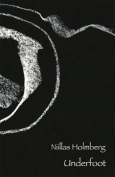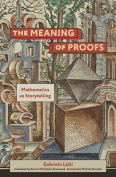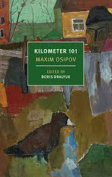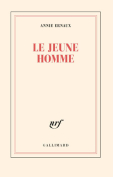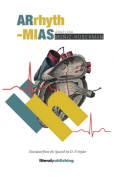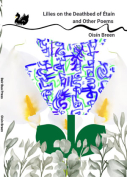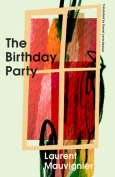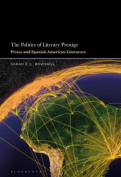Lenin auf Schalke (Lenin Goes West) by Gregor Sander
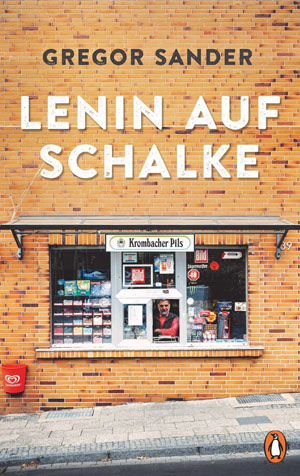 Munich. Penguin Verlag. 2022. 185 pages.
Munich. Penguin Verlag. 2022. 185 pages.
I eagerly awaited the new book by German writer Gregor Sander, released in spring 2022, because his clear yet multivalent writing has always left me wanting more. And Lenin auf Schalke (Lenin Goes West) certainly lived up to expectations. This time his medium was not fiction but rather a quirky piece of literary nonfiction that bucks the hard-wired German tendency of dissecting the social and political structure of the new German states in the East.
Sander, who was born in the former East Germany, decides it is time to turn the tables and goes in search of the real West (Germany). His trademark concise style combined with a sprinkling of humor whisks us off on a journey of discovery to Gelsenkirchen. This town owes its dubious fame to two things: being the poorest city in all of Germany and home of the soccer team Schalke 04. Gelsenkirchen, a former mining town in the once-rich industrial Ruhr region, is well past its prime, but that doesn’t prevent Sander’s hosts, Gabi, who also hails from the East, and Ömer, the son of a Turkish Gastarbeiter in the mines, from showing unabashed affection to their chosen hometown.
While Sander wonders why they enjoy the views of the old slag heaps, feels confused when a Lenin statue imported from the former eastern bloc is erected, meets a far-right politician with an immigrant background, and drinks beer with an old woman in the graveyard for Schalke 04 fans, he develops a certain empathy with the inhabitants of Gelsenkirchen. His gentle tone strikes a delicate balance that allows us to laugh along with him at the situations he finds himself in. At the same time, he never pokes fun at the characters that populate his account of the West. His fascination with this unlikely town and the unique stories found at the end of every street is evident throughout.
Lenin auf Schalke is a beautiful exploration of what unites and divides East and West Germany from the lesser-heard perspective of an East German planting himself in the West. This account confirms Sander’s status as one of the most important voices in German-German literature. A must for anyone interested in the state of Germany today.
Catherine Venner
Durham, UK







